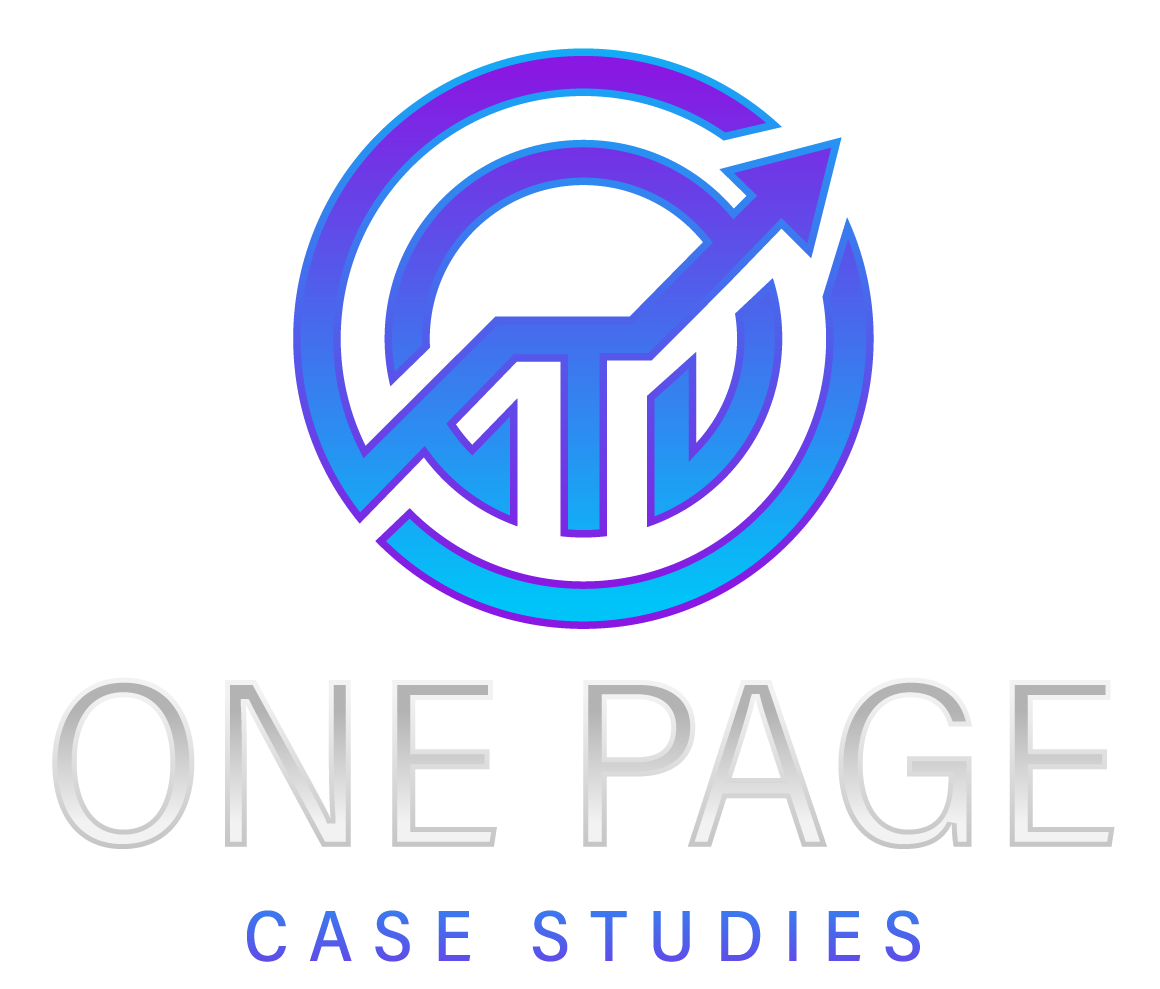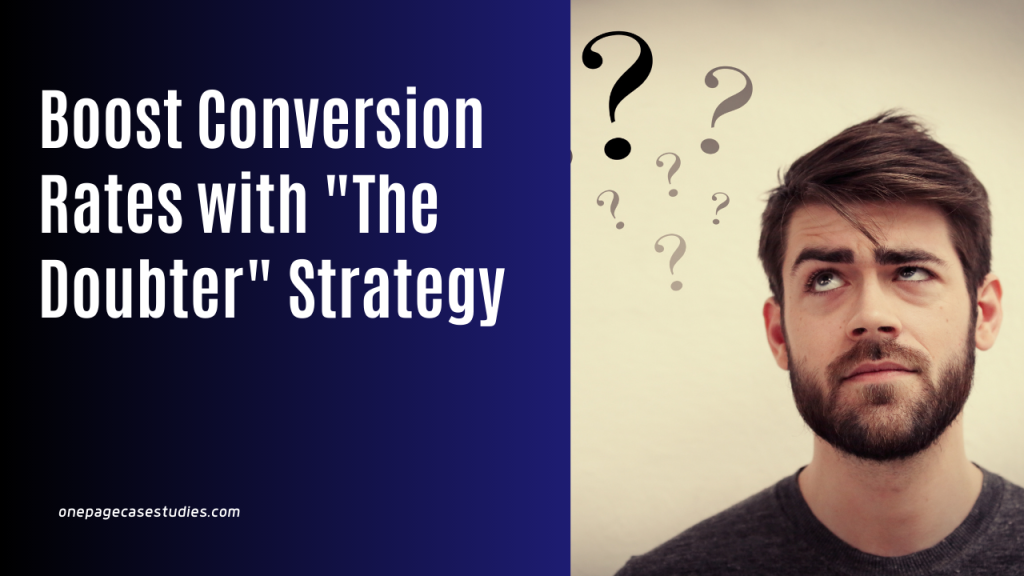Every business is on the lookout for ways to attract and convert potential customers. One of the most effective strategies is to refer to them as “The Doubter.” This proactive approach addresses skepticism, creates urgency, and fosters empathy, ultimately leading to higher conversion rates. In this blog post, we’ll explore why this method is so powerful and compare it to more passive strategies that label potential customers as Consumers, Prospects, or Buyers.
Benefits of Referring to Potential Customers as “The Doubter”
1. Addresses Skepticism When businesses refer to potential customers as The Doubter, they acknowledge and address the natural skepticism that many people have when encountering a new product or service. By doing so, they’re able to better connect with their audience and address the barriers that may be preventing them from making a purchase.
2. Creates Urgency Identifying potential customers as Doubters encourages businesses to actively work on converting them by providing compelling evidence and building trust. This sense of urgency drives businesses to be more proactive in addressing concerns and doubts, ultimately leading to higher conversion rates.
3. Empathy and Understanding Using the term “The Doubter” demonstrates empathy towards the customer’s concerns and uncertainties. This emotional connection fosters trust and loyalty, making it more likely for potential customers to convert into paying customers.
4. Encourages Tailored Solutions Recognizing potential customers as Doubters pushes businesses to develop targeted marketing strategies that address specific concerns, doubts, or objections. By crafting tailored solutions, businesses can better resonate with their audience and increase the likelihood of conversions.
5. Active Engagement Viewing potential customers as Doubters promotes active engagement and communication. Businesses strive to address their concerns and provide proof to change their mindset, which leads to a more interactive and dynamic relationship between the business and the potential customer.

Drawbacks of Passive Strategies: Why Calling a Potential Customer a Consumer, Prospect or Buyer is a Passive, Low Conversion Strategy
1. Generic Terminology Referring to potential customers as Consumers, Prospects, or Buyers does not address the unique concerns or doubts they may have. This leads to generic marketing strategies that may not resonate with the target audience, resulting in lower conversion rates.
2. Lacks Urgency By referring to potential customers as Consumers, Prospects, or Buyers, businesses may not feel the same urgency to address their doubts and concerns. This lack of urgency can lead to slower conversion rates.
3. Missed Emotional Connection Using impersonal terms can hinder the establishment of an emotional connection with potential customers. Building trust and encouraging conversions requires a deeper emotional connection that these terms fail to provide.
4. Assumes Interest Labeling potential customers as Buyers or Prospects assumes that they are already interested in the product or service. This assumption can lead to complacency in addressing their concerns and questions, which may negatively impact conversion rates.
5. Passive Approach Using terms like Consumers, Prospects, or Buyers suggests a more passive approach to marketing. This approach may not be as effective in engaging with and converting potential customers who have doubts or concerns.
Finally, referring to potential customers as The Doubter is a proactive, high-converting strategy because it acknowledges their concerns and doubts, and encourages businesses to actively address them. In contrast, referring to them as Consumers, Prospects, or Buyers can lead to a more passive approach that may not resonate as strongly with the target audience, resulting in lower conversion rates.
Join Our Facebook Group for More Insights
Take your marketing strategy to the next level by incorporating the powerful “The Doubter” approach. To learn more tips and strategies, join our Facebook Group where we share valuable insights and engage in discussions on how to achieve higher conversion rates. Don’t miss out on this opportunity to connect with like-minded professionals and enhance your business growth. Join our Facebook Group now!

